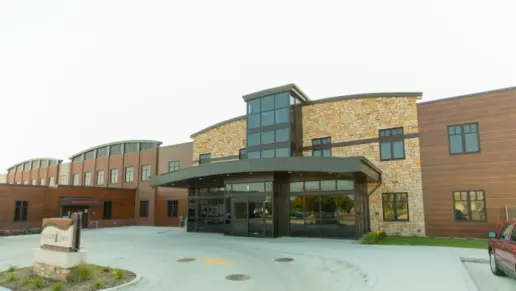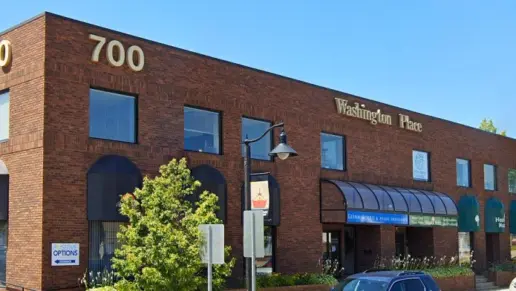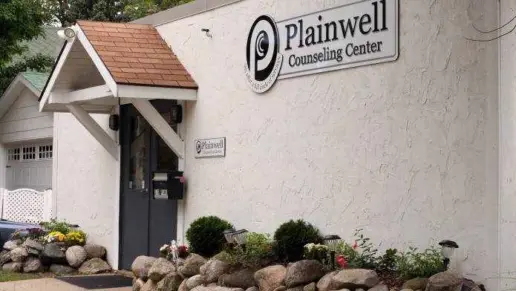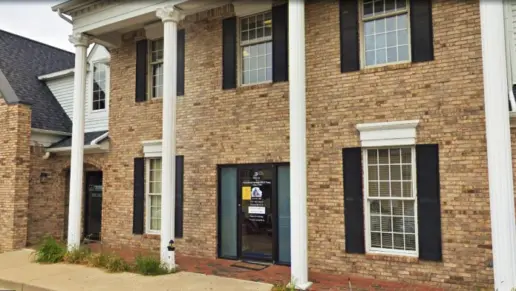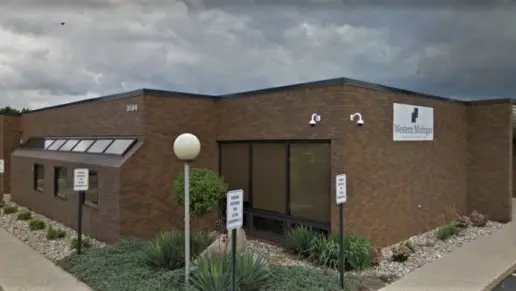My son was ordered by his parole officer to stay at Detroit Reentry Center's rehab facility. He has been threatened, assaulted, and stolen from on a regular basis. He has also witnessed others being treated much the same. Civil rights are being violated here. This is only ...
About Detroit Reentry Center
The Detroit Reentry Center was a facility that had a substance use program for those involved with the system that were struggling with addiction. It housed residents that were either prisoners, probationers or parolees. The facility was on a 39-acre campus on the eastside of Detroit, Michigan.
The residential program was federally funded, meaning there was no cost to participants. It required at least 6-months commitment with a maximum of 12 months.
Multiple Substance Use Programs To Support Recovery
This center offered various chemical dependency programs. They provided residential treatment, advanced substance abuse treatment and Thinking for a Change. Clients got 12 hours of direct treatment each week.
This may have included small group sessions, audio or video presentations, and lecture and discussion sessions. Topics that were likely discussed were identifying triggers and building coping skills. These lessons helped clients to be better able to avoid using substances as a coping mechanism.
This facility also offered a domestic violence program and an intensive re-entry program. Additionally, GED programming was available for prisoners, parolees and probationers.
Supportive Services For Chemically Dependent Michicangs
I liked that the Detroit Reentry Center offered various support services to help clients with their overall recovery. They offered 12 steps, 12 traditions, as well as academic and vocational training.
By helping clients be more likely to gain employment and support themselves, individuals were able to feel more confident in their long term recovery. Additional services that were available at the campus included a health clinic, administrative offices, food services and a dialysis unit.
Rehab Score
Addiction Treatments
Levels of Care
 Inpatient
Inpatient
 Aftercare Support
Aftercare Support
Treatments
The goal of treatment for alcoholism is abstinence. Those with poor social support, poor motivation, or psychiatric disorders tend to relapse within a few years of treatment. For these people, success is measured by longer periods of abstinence, reduced use of alcohol, better health, and improved social functioning. Recovery and Maintenance are usually based on 12 step programs and AA meetings.
Drug rehab in Michigan provides personalized treatment to help individuals break this cycle and regain control of their lives. Treatment methods are used in various levels of care, including inpatient rehab, partial hospitalization programs, intensive outpatient programs, and standard outpatient treatment.
Opioid rehabs specialize in supporting those recovering from opioid addiction. They treat those suffering from addiction to illegal opioids like heroin, as well as prescription drugs like oxycodone. These centers typically combine both physical as well as mental and emotional support to help stop addiction. Physical support often includes medical detox and subsequent medical support (including medication), and mental support includes in-depth therapy to address the underlying causes of addiction.
Substance rehabs focus on helping individuals recover from substance abuse, including alcohol and drug addiction (both illegal and prescription drugs). They often include the opportunity to engage in both individual as well as group therapy.
Programs

Adult Program

Young Adult Program
Clinical Services
Group therapy is any therapeutic work that happens in a group (not one-on-one). There are a number of different group therapy modalities, including support groups, experiential therapy, psycho-education, and more. Group therapy involves treatment as well as processing interaction between group members.
In individual therapy, a patient meets one-on-one with a trained psychologist or counselor. Therapy is a pivotal part of effective substance abuse treatment, as it often covers root causes of addiction, including challenges faced by the patient in their social, family, and work/school life.
Life skills trainings involve all the skills a person must have in order to function successfully in the world. These include time management, career guidance, money management, and effective communication. Truly successful addiction recovery is based on the ability to not only live substance-free, but to thrive. Life skills teaches the practical necessities of functioning in society, which sets clients up for success in life, and therefore sobriety.
Amenities
-
Private Setting
Accreditations

The Commission on Accreditation of Rehabilitation Facilities (CARF) is a non-profit organization that specifically accredits rehab organizations. Founded in 1966, CARF's, mission is to help service providers like rehab facilities maintain high standards of care.
CARF Accreditation: Yes
